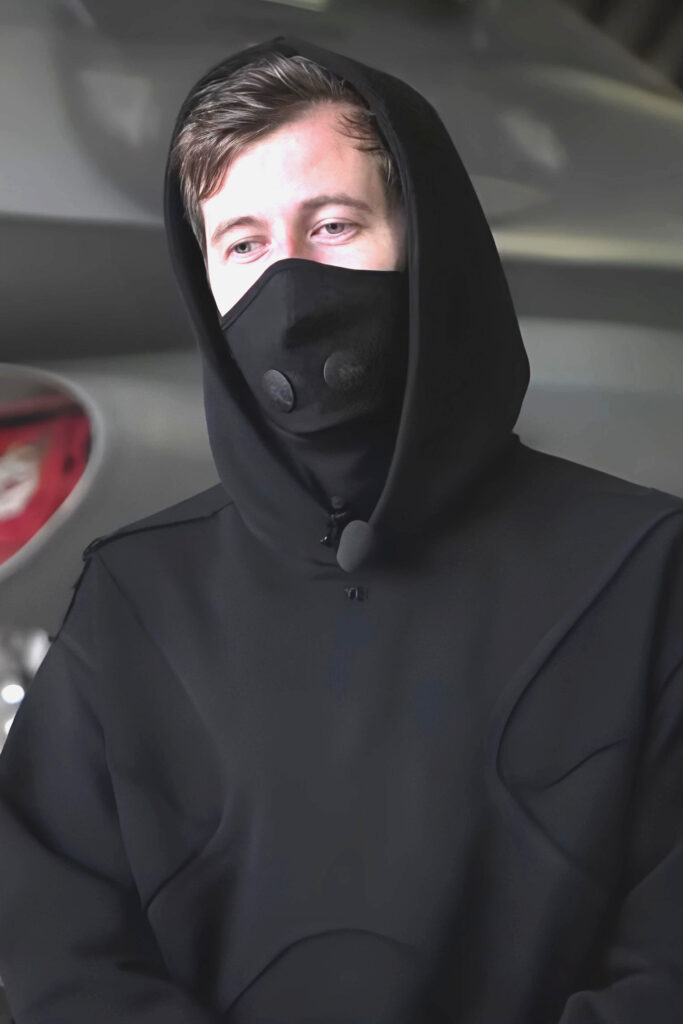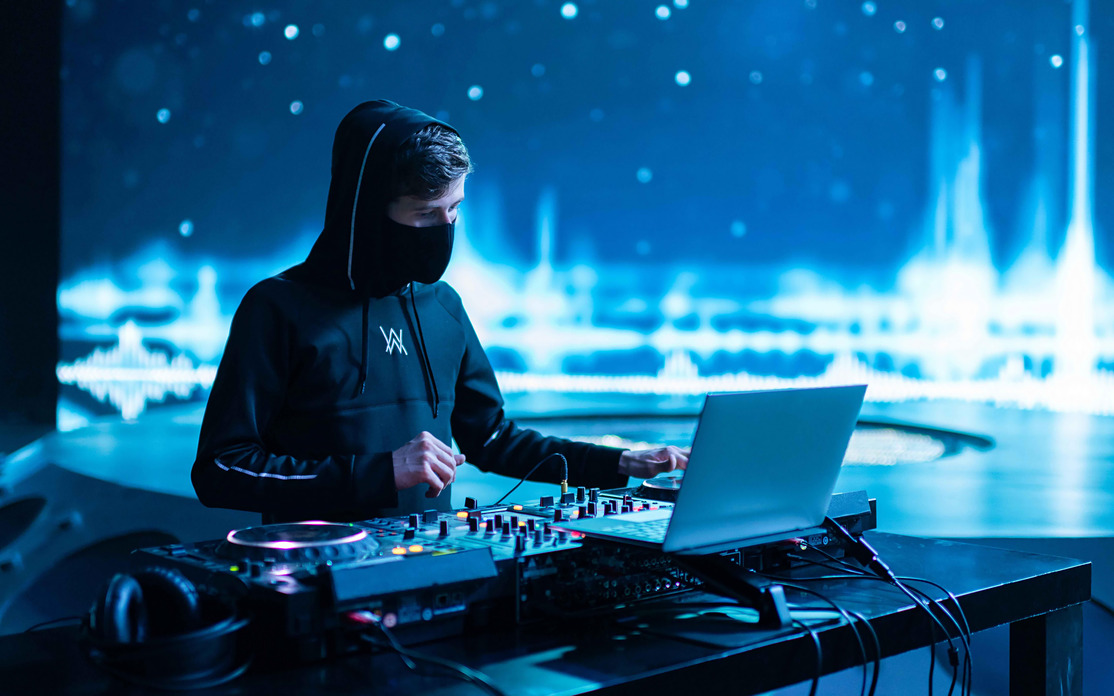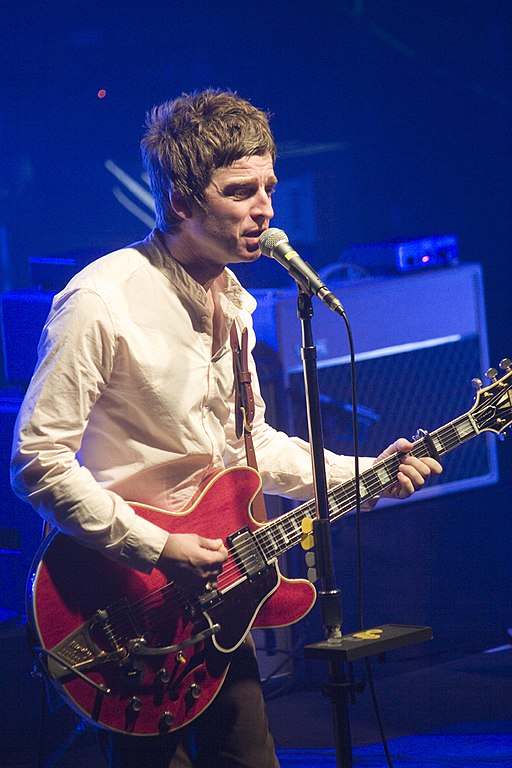Alan Walker is a Norwegian-British DJ and record producer who rose to international fame in the mid-2010s with a distinctive sound that blends melodic electro house, deep basslines, and emotionally charged themes. Born on August 24, 1997, in Northampton, England, and raised in Bergen, Norway, Walker represents a new generation of producers whose rise has been largely shaped by the digital era, with platforms like YouTube and SoundCloud propelling them to global stardom. Known for his anonymous, hoodie-clad image and cinematic music videos, Walker has carved a unique identity in the electronic dance music (EDM) scene. But what exactly makes him famous, and why has his music resonated with millions across the globe?

https://commons.wikimedia.org/w/index.php?curid=154806601
Why Alan Walker Is Famous
Walker first gained widespread attention with the release of “Faded” in 2015, a remastered version of his earlier instrumental track “Fade.” The single became a massive hit, garnering over 3.5 billion views on YouTube and reaching multi-platinum status in more than ten countries. It catapulted him into mainstream consciousness not just for its catchy melody and haunting vocals but also for its deeply emotional resonance. “Faded” was a song that didn’t just make people dance—it made them feel.
His fame is further fueled by a carefully curated image. With his signature hoodie, face mask, and the “AW” logo, Walker has embraced an aura of mystery and anonymity, which contrasts sharply with the often flamboyant personas of other DJs. This has helped create a sense of community among his fans, who call themselves “Walkers,” united under themes of isolation, identity, and hope.
Walker’s background in graphic design and computer programming has also played a role in his success. He visualizes music not just as sound but as an entire experience—his videos are cinematic, interconnected, and often follow a dystopian, sci-fi narrative. These elements are particularly appealing to Gen Z and millennial audiences who value immersive storytelling.
Musically, Alan Walker stands out for combining electronic music with classical elements and emotional storytelling. While many EDM tracks are focused purely on beats and drops, Walker’s productions often carry a melancholic undertone, exploring themes of longing, loss, and searching for meaning—making his work not just danceable but deeply relatable.
His collaborations with artists like Iselin Solheim, Noah Cyrus, Ava Max, and Hans Zimmer show his versatility and appeal across genres. He has performed on global stages, from Coachella to Tomorrowland, and his brand extends into gaming, anime culture, and digital art. Walker’s ability to cross genres, mediums, and cultures has cemented his place as not just a DJ, but a multimedia artist of the 21st century.
Three of Alan Walker’s Best Songs
1. Faded (2015) feat. Iselin Solheim
“Faded” is arguably Alan Walker’s magnum opus, and it’s easy to see why. The track opens with a melancholic piano melody before swelling into atmospheric synths and a pulsating beat. Iselin Solheim’s ethereal vocals sing the unforgettable chorus:
“Where are you now? Was it all in my fantasy?”
The lyrics speak of loss, memory, and searching for something—perhaps someone—that once brought light to one’s life. Musically, it is a seamless blend of deep house and pop with orchestral influences. The production is crisp, yet emotionally charged, creating a soundscape that is both danceable and hauntingly beautiful.
What makes “Faded” stand out is its universality; the themes of disappearance and longing strike a chord with listeners from all walks of life. The accompanying music video adds a dystopian narrative, showing a boy wandering through a decayed, abandoned world, reinforcing the sense of emotional and physical desolation. “Faded” is not just a song—it’s a feeling. It remains one of the most iconic EDM tracks of the decade.
2. Alone (2016)
If “Faded” is about loss and yearning, “Alone” is about unity and belonging. The track opens with soft synths and builds into an uplifting anthem that celebrates togetherness and finding one’s place in the world. The lyrics are simple yet powerful:
“We are not alone.”
The song’s drop is energetic but not overpowering, striking a balance that’s ideal for both casual listening and festival crowds. The music video furthers the sense of a global community, showing people from different countries donning the Walker hoodie and gathering in solidarity. It’s a visual representation of what Alan Walker’s music often aims to achieve—a sense of collective identity and emotional resonance.
“Alone” may not be as emotionally raw as “Faded,” but it offers a more hopeful, almost spiritual experience. It’s the kind of song that lifts you when you feel isolated and reminds you that someone, somewhere, understands.
3. Spectre (2015)
“Spectre” is an instrumental track that showcases Alan Walker’s skill as a producer without relying on vocals. It’s a high-energy piece with a catchy melody and powerful synth layers, making it perfect for gaming, workouts, or any moment that demands intensity and focus.
The absence of lyrics allows the listener to impose their own narrative onto the song, which gives it a kind of universality. The track builds with a fast-paced rhythm that climaxes in a euphoric drop, making it ideal for EDM purists who appreciate production over pop appeal.
“Spectre” is also popular among gamers and content creators, often used as background music in YouTube videos and streams. Its versatility and momentum make it a favorite in non-traditional music spaces, reflecting how Walker’s work often transcends the usual boundaries of EDM.
ALAN WALKER’S FAME is not just the result of a viral hit or a unique fashion statement. It is the culmination of a carefully constructed artistic vision that resonates on both a sonic and emotional level. He taps into the existential themes of modern life—identity, belonging, hope, and isolation—and wraps them in melodic, cinematic compositions that are as immersive as they are memorable.
Through tracks like “Faded,” “Alone,” and “Spectre,” Walker has proven himself to be more than a DJ—he is a storyteller, a digital visionary, and a voice for the voiceless. As he continues to evolve artistically, Alan Walker remains a symbol of how music, when combined with emotion and visual art, can transcend language, borders, and even genre.as continued to deliver music that merges the worlds of electronic dance music, pop, and filmic storytelling. Collaborations with artists like Noah Cyrus, Ava Max, Sia, and Hans Zimmer further expanded his reach and genre-defying reputation. Today, he has amassed millions of fans worldwide, affectionately known as “Walkers,” and continues to inspire with music that is as emotionally introspective as it is rhythmically electrifying.



